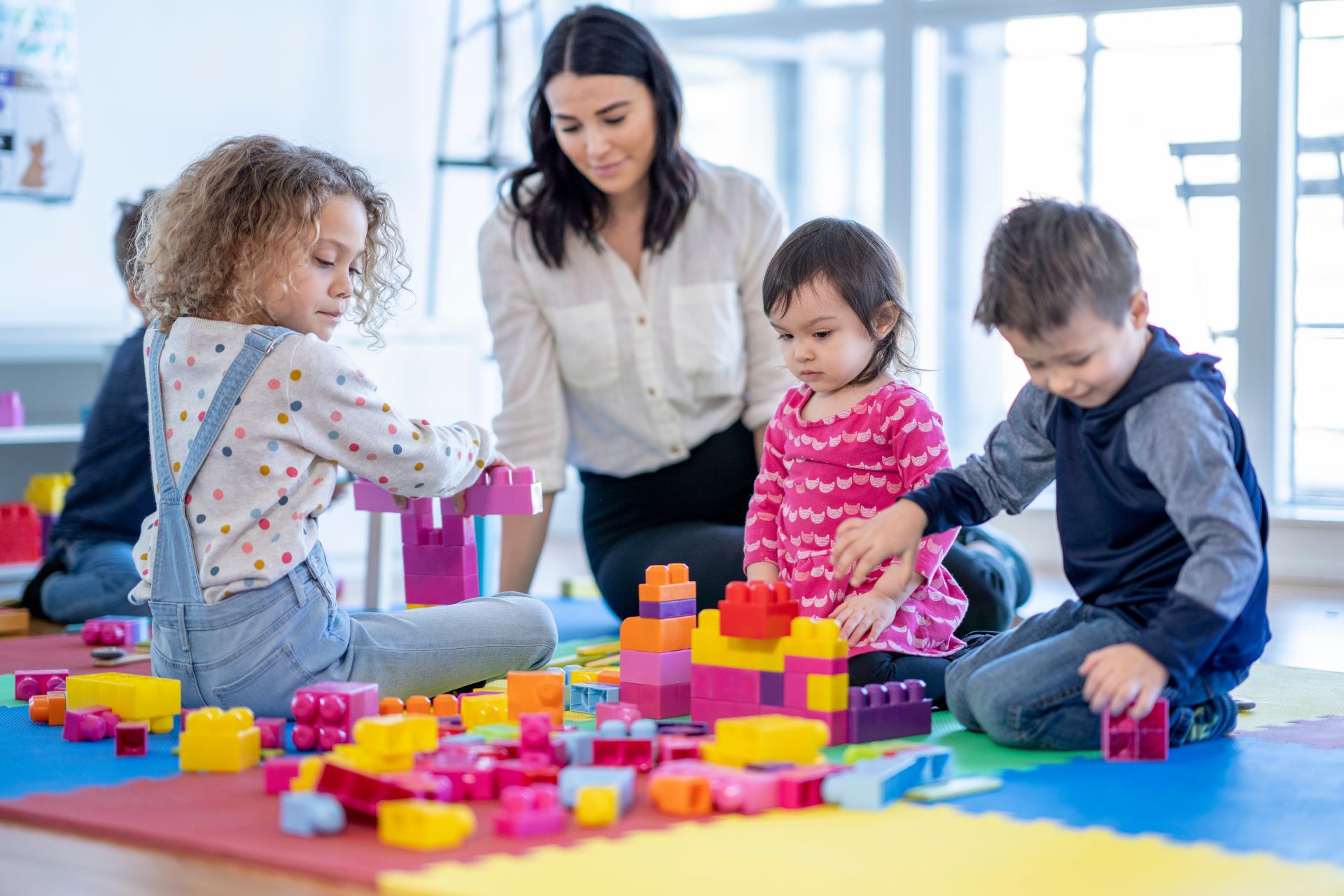
Childcare is a crucial aspect of many families' lives, providing a safe environment for children while parents work or attend to other responsibilities. Did you know that quality childcare can significantly impact a child's development? From social skills to cognitive growth, the benefits are immense. Choosing the right childcare can be challenging, with factors like cost, location, and curriculum playing vital roles. Understanding the different types of childcare, such as daycare centers, in-home care, and family daycare, helps in making informed decisions. Regulations and standards vary by region, so it's essential to research local guidelines. Childcare providers often undergo rigorous training to ensure they meet safety and educational standards. Balancing affordability and quality is key, as both aspects are crucial for a child's well-being. Stay informed to make the best choices for your child's future.
Understanding Childcare Basics
Childcare is a crucial aspect of many families' lives. It involves more than just watching children; it includes education, socialization, and emotional support. Here are some essential facts to help you understand childcare better.
-
Childcare providers play a significant role in early childhood development, influencing social, emotional, and cognitive growth.
-
The first five years of a child's life are critical for brain development, with 90% of brain growth occurring during this period.
-
High-quality childcare can lead to better academic performance and social skills later in life.
-
Childcare centers must adhere to state regulations and licensing requirements to ensure the safety and well-being of children.
-
Many childcare providers offer educational programs that follow a specific curriculum, such as Montessori or Reggio Emilia.
Types of Childcare
There are various types of childcare options available to suit different family needs. Each type has its own benefits and considerations.
-
Daycare centers provide care for children in a group setting, often with structured activities and educational programs.
-
Family childcare homes offer a more intimate setting, with care provided in the caregiver's home.
-
Nannies provide personalized care in the child's home, often offering more flexibility in scheduling.
-
Au pairs are young individuals from other countries who live with the family and provide childcare in exchange for room, board, and a stipend.
-
Preschool programs focus on early education and socialization, typically for children aged 3-5 years.
Benefits of Quality Childcare
Quality childcare can have a lasting impact on a child's development and well-being. Here are some benefits to consider.
-
Children in high-quality childcare settings tend to have better language and cognitive skills.
-
Socialization with peers in childcare helps children develop important social skills, such as sharing and cooperation.
-
Quality childcare can provide a stable and nurturing environment, which is essential for emotional development.
-
Access to educational activities and resources in childcare can foster a love for learning.
-
Parents can benefit from reliable childcare, allowing them to work or pursue education with peace of mind.
Challenges in Childcare
While childcare offers many benefits, it also comes with challenges that families must navigate.
-
The cost of childcare can be a significant financial burden for many families.
-
Finding a childcare provider that aligns with a family's values and expectations can be challenging.
-
Limited availability of childcare slots can make it difficult for parents to secure a spot for their child.
-
Ensuring the safety and well-being of children in childcare requires thorough vetting of providers and regular monitoring.
-
Balancing work and family life can be stressful, even with reliable childcare.
Tips for Choosing Childcare
Selecting the right childcare option for your family is crucial. Here are some tips to help you make an informed decision.
-
Visit multiple childcare centers or providers to compare their environments, staff, and programs.
-
Ask for references and read reviews from other parents to gauge the quality of care.
-
Check the provider's licensing and accreditation status to ensure they meet state regulations.
-
Observe how caregivers interact with children to assess their approach to discipline and education.
-
Trust your instincts and choose a childcare option that feels right for your family's needs and values.
Final Thoughts on Childcare
Childcare is more than just a service; it's a cornerstone of a child's development. Understanding the importance of early education, socialization, and emotional support can make a world of difference. Parents need to consider factors like staff qualifications, safety measures, and curriculum quality when choosing a childcare provider. It's also vital to stay informed about costs, subsidies, and available resources to make the best decision for your family.
Remember, the right childcare environment can set the stage for lifelong learning and well-being. Whether you're a parent, caregiver, or educator, staying informed and proactive can help ensure children get the best start in life. So, take the time to research, ask questions, and visit facilities. Your child's future is worth it.
Was this page helpful?
Our commitment to delivering trustworthy and engaging content is at the heart of what we do. Each fact on our site is contributed by real users like you, bringing a wealth of diverse insights and information. To ensure the highest standards of accuracy and reliability, our dedicated editors meticulously review each submission. This process guarantees that the facts we share are not only fascinating but also credible. Trust in our commitment to quality and authenticity as you explore and learn with us.
